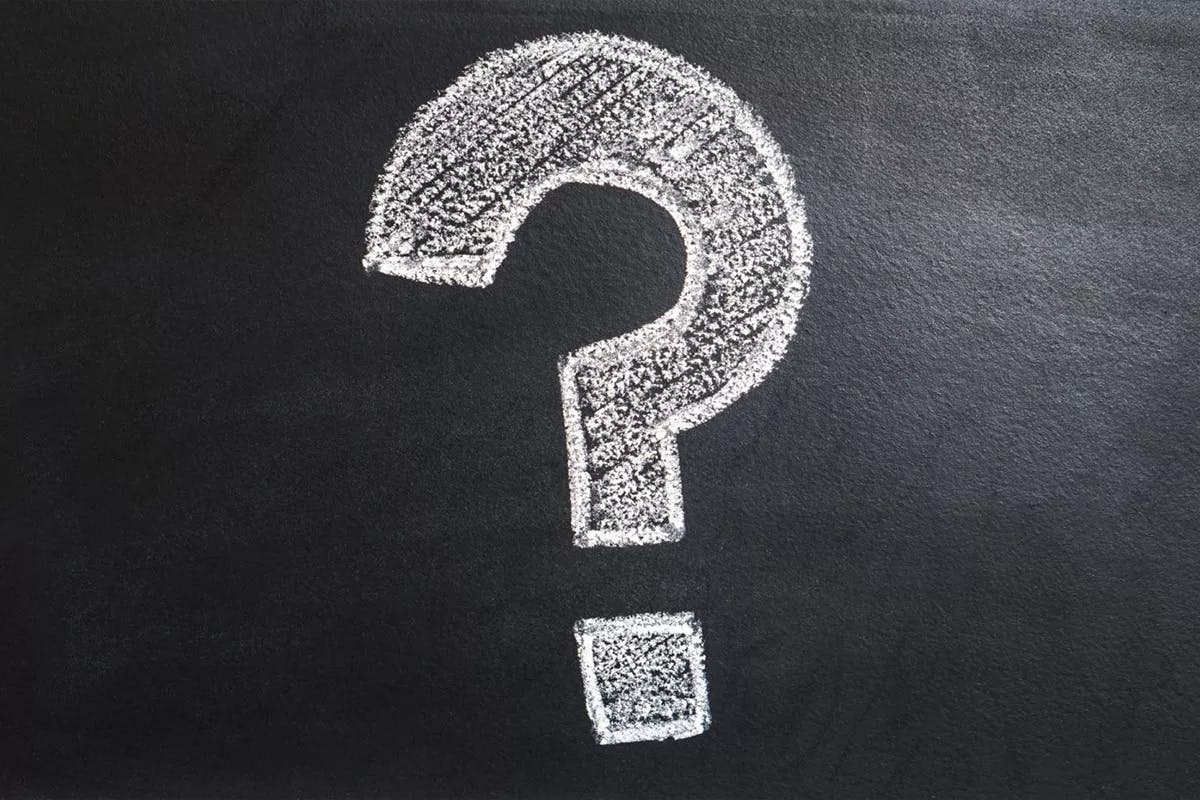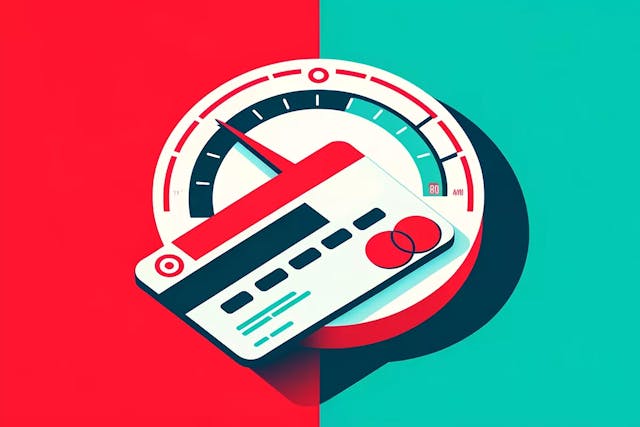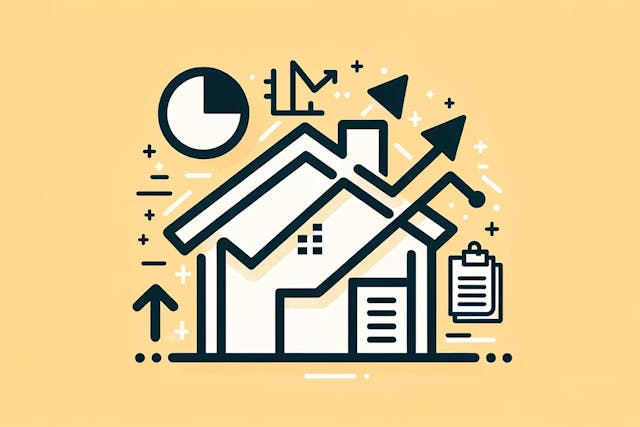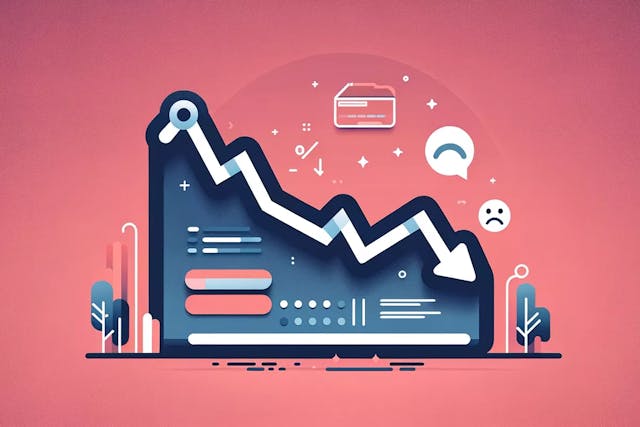In personal finances, many things boil down to: Will this affect my credit score? A very valid question given a low credit score can lead to increased interest rates on credit cards and difficulties securing a loan or job, among many other complications.
Cushion has detected more than 50,000 late fees since launching in 2018, meaning nearly as many customers have likely wondered whether their credit scores would be negatively affected by a late payment.
So does a late credit card payment affect your credit score? In short, it definitely can. However, there is a lot to take into account. There are certain criteria that determine whether your score will be affected by a late payment at all, and by how much.
Before we tackle that, it’s important to understand what makes up a credit score.
What makes up your credit score?
According to Experian, a major credit reporting agency, and FICO, one of the top credit scoring services, there are five major elements that make up credit score:
Payment history: how reliable you are with repaying credit cards, loans, etc.
Credit utilization: how much of your total credit is in use. Experian reports that the recommended total credit utilization rate is less than 30%. For example, if you have a $1,000 credit limit on your card, you should keep your balance below $300 at all times.
$1,000 * (30/100) = $300
Credit history length: how long you’ve had credit
Credit mix: how diverse your credit portfolio is. For example, a car loan, credit cards, student loan, mortgage, etc.
New credit: how much credit has been opened recently and “hard inquiries,” or requests for full credit reports that are typically used for credit approval and background checks

Payment history alone makes up more than 35% of your credit score. So if you make your credit card payments on time, you’ll likely see a soaring credit score—but if you don’t make the minimum payment for an extended period of time, your score could plummet. Damage to your credit score is only one consequence of a late credit card payment; however, it can be the most detrimental. Deduction of mere points can turn into tens of thousands of dollars and major distress down the road.
Take advantage of the grace period
A grace period is the time between the end of your billing cycle and the payment due date on your credit card. Interest does not accrue on your credit card balance during this time, including on purchases made during the grace period. Unfortunately, if you miss a payment or only make a partial payment, you lose your grace period. From that moment on, until you pay off your credit card balance in full, you will continue to accrue interest. If you pay your balance in full each month, you will keep your grace period, and you will never accrue interest.
How much will your credit score drop after a late payment?
FICO score and the VantageScore consider a number of factors, including how much you owe, your current score, when the late payment occurred, and how late it is. It’s important to note:
The higher your score is the more a late payment will impact how much your score drops. Credit scores track patterns—if you consistently make on-time payments but miss one, this will trigger a red flag for issuers and credit bureaus. People with higher scores can see up to a 100-point drop as a result of a late payment.
Credit scores are most heavily impacted by recent occurrences. If you miss a payment but continue to make consistent, on-time payments after, the impact of the late payment on your score will diminish over time.
The severity of impact on credit score depends on how late your payment is. Issuers operate differently with regard to reporting late payments to credit bureaus, so it’s important to check your issuer’s terms and conditions. An issuer typically won’t report a late payment to the credit bureaus until it’s more than 30 days past due, or delinquent.
After 30 days, they can notify the credit bureaus of your late payment, which could be reflected in your credit score; often if you deal with the payment 30–60 days after the original due date, your credit score can bounce back relatively quickly as long as you consistently make on-time payments.
As the delinquency moves farther from the original due date, you’ll see a larger impact on your credit score. After a few months, you can expect the late payment to stay on your credit report and negatively impact your score for up to seven years (after that, the mark will fall off of your report). Even if you pay off the balance, the mark will remain on your credit report unless you’ve negotiated payment with your issuer and made arrangements to have the mark removed.
When the payment is severely late, often 180 days or later for credit card debt, the payment will be “charged off” by your issuer, meaning they are no longer expecting you to make the payment. Instead it’s passed off to a debt collection agency, who is then in charge of collecting the money from you; a charge-off will hurt your credit score even more.
In finances, there’s always a bit of wiggle room when it comes to waiving fees and negotiating negative marks. However, the decision is ultimately up to your issuer. If your credit score has been compromised by a late credit card payment, read more about what steps you need to take as soon as possible, and what you can do to offset the damage to your credit score.



